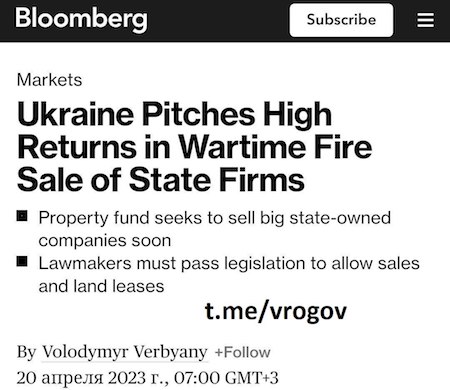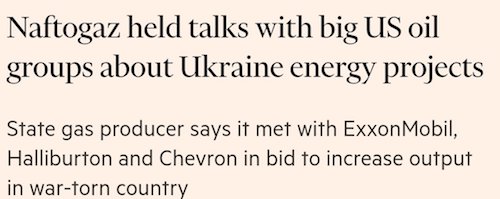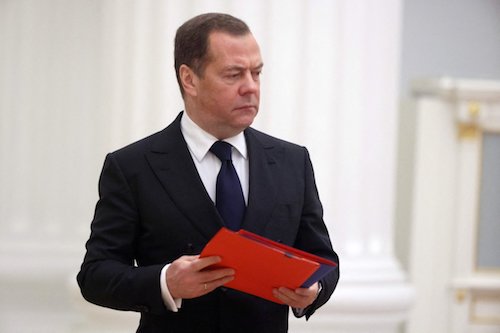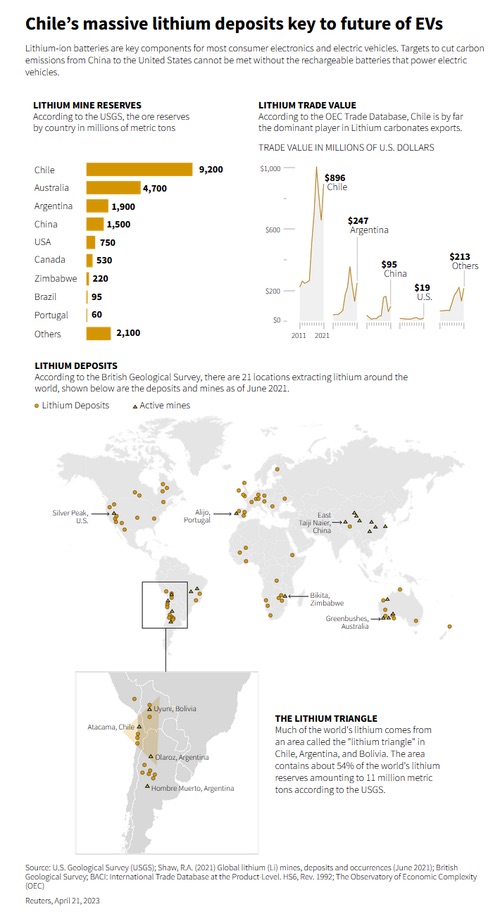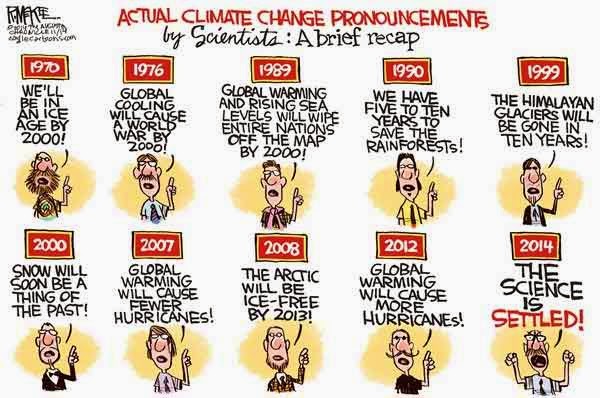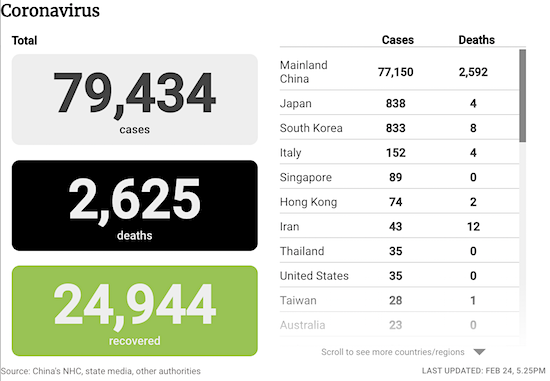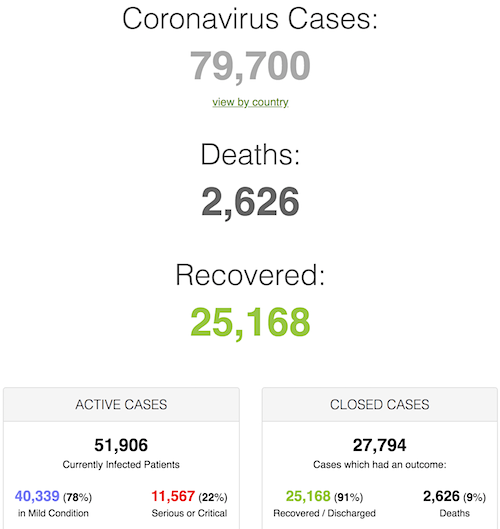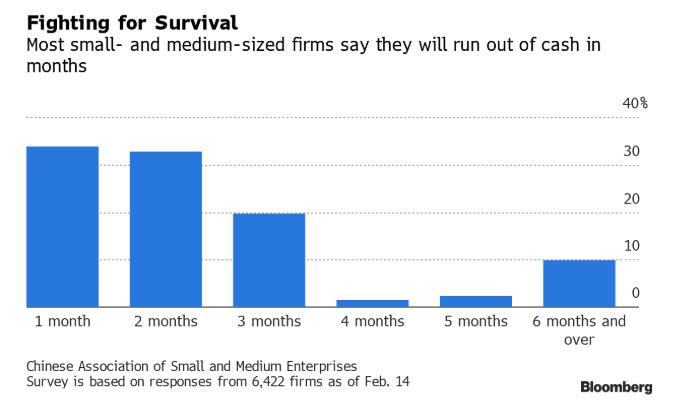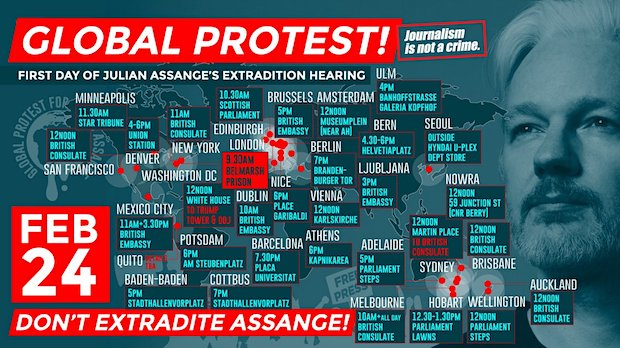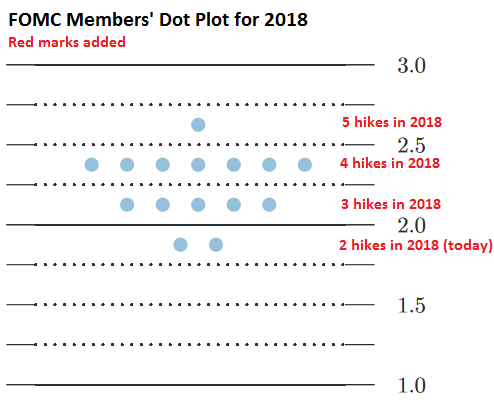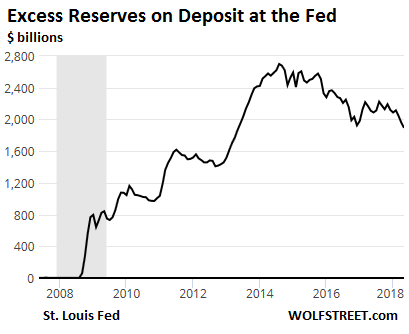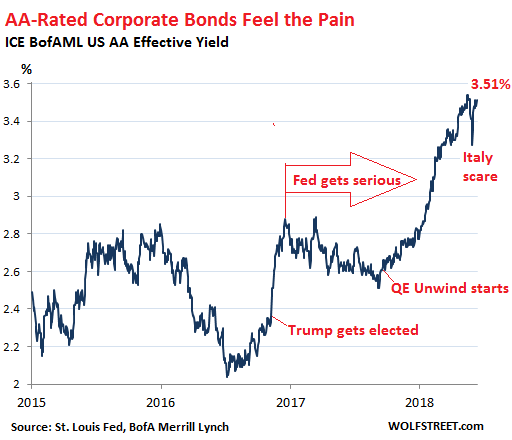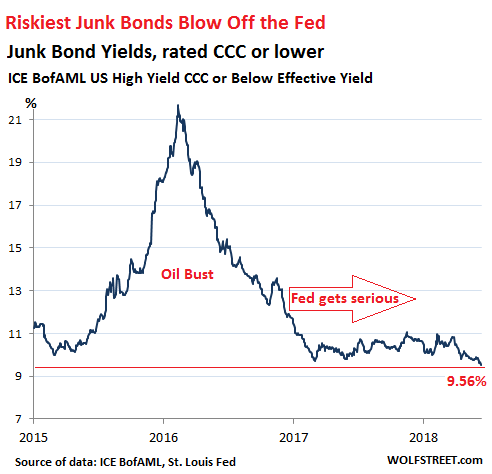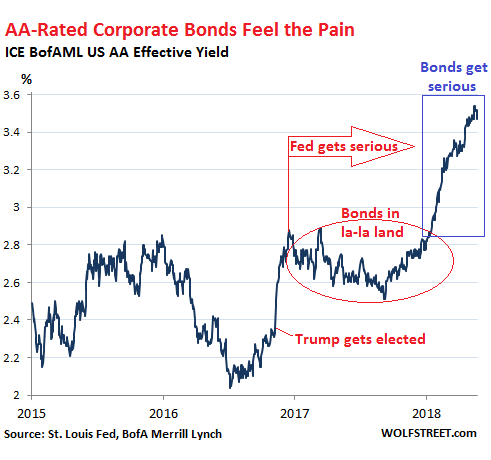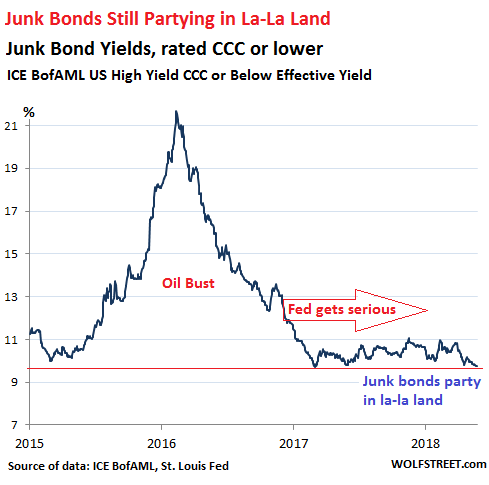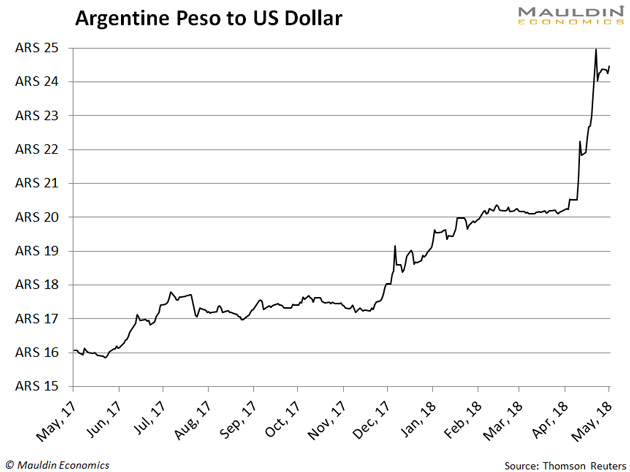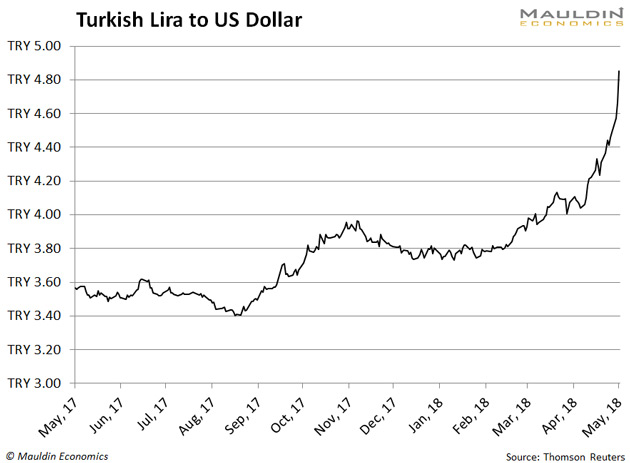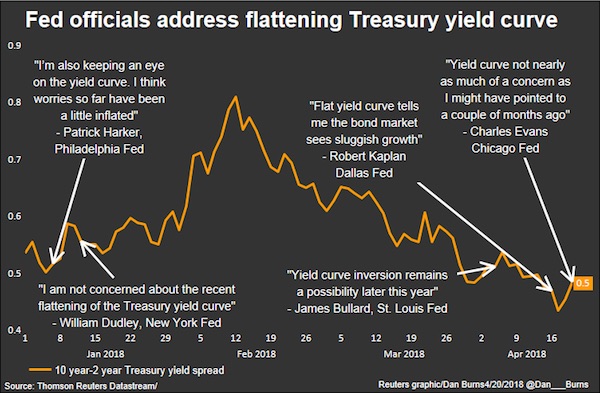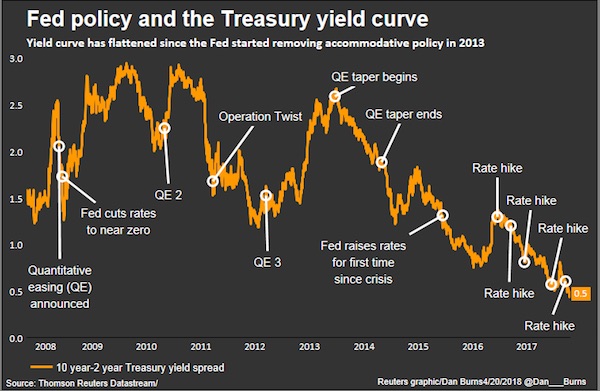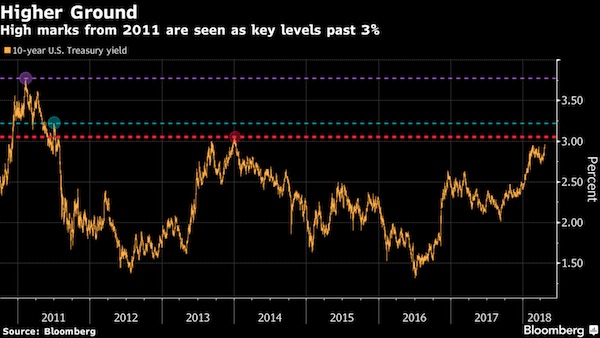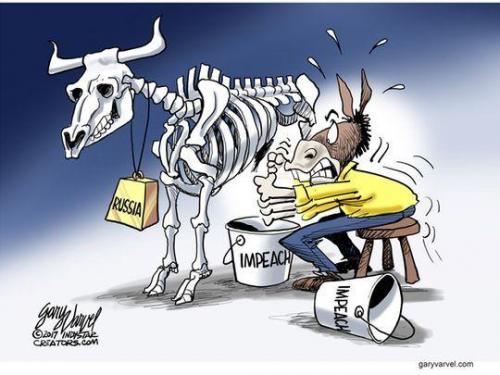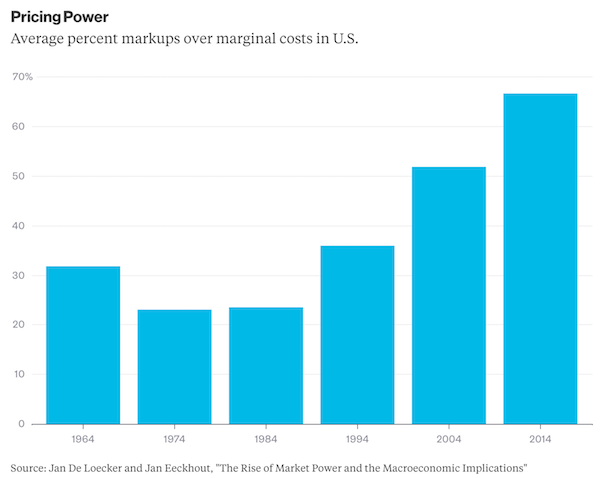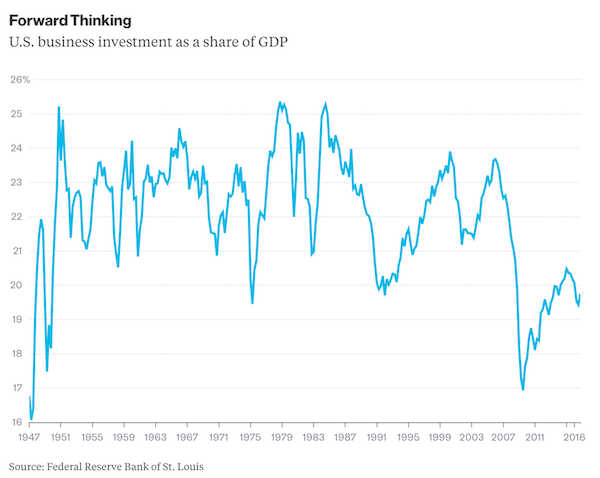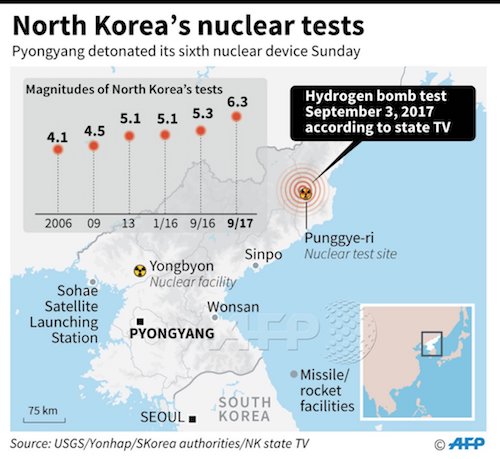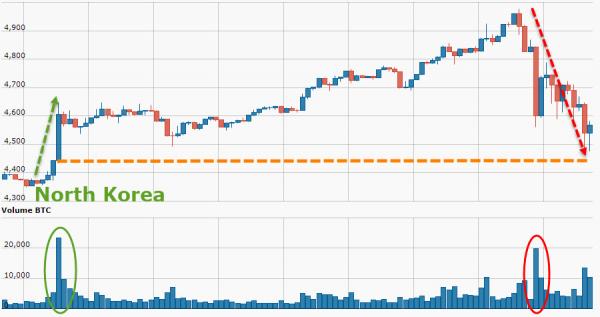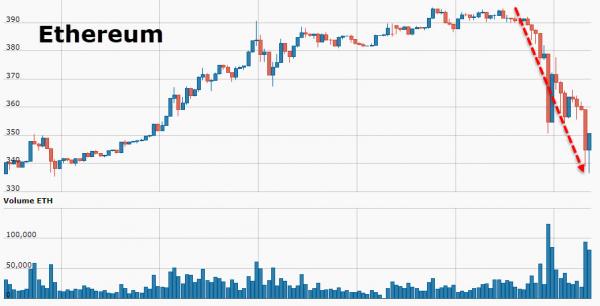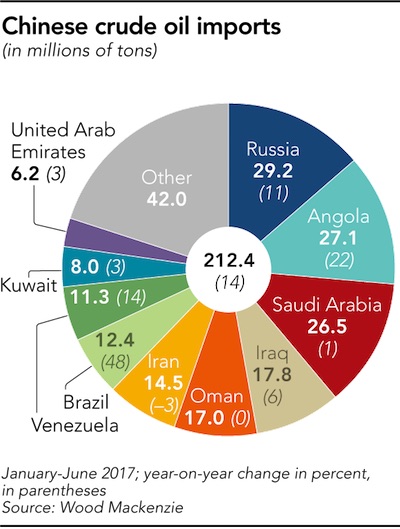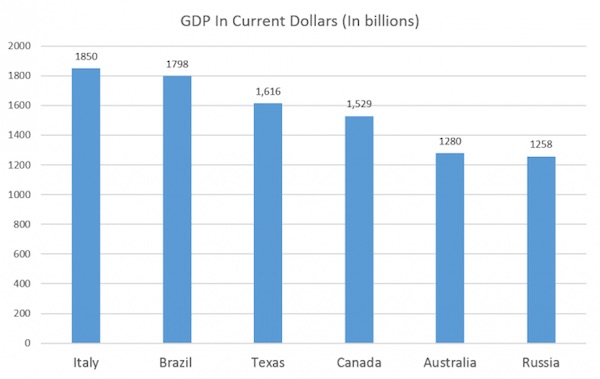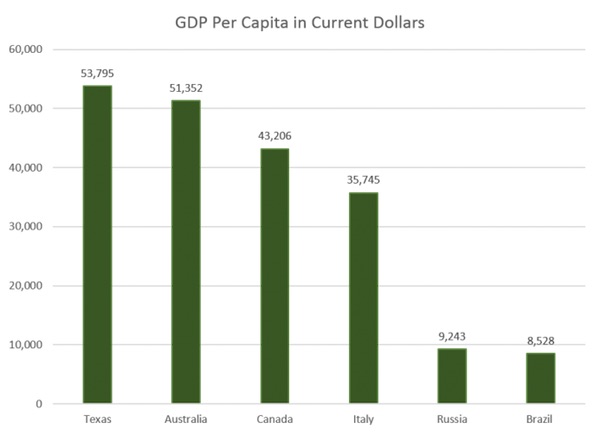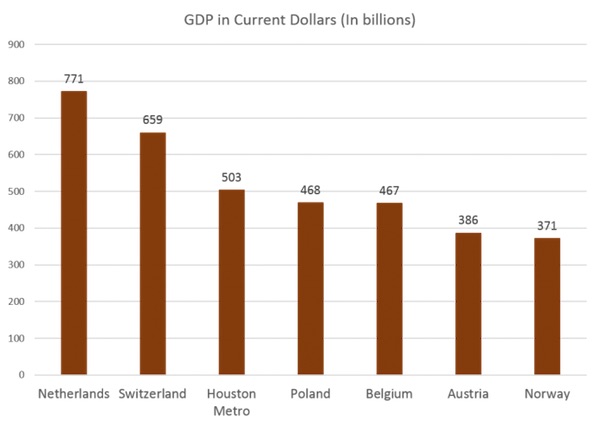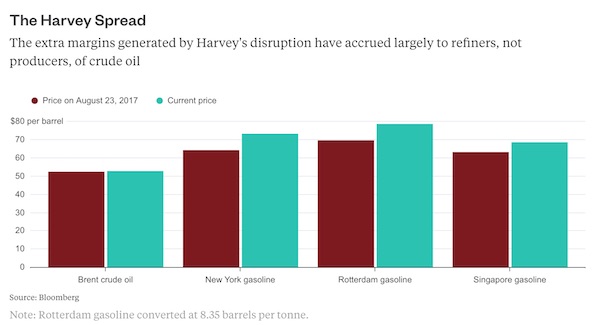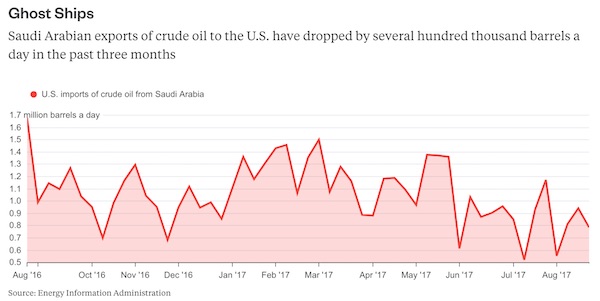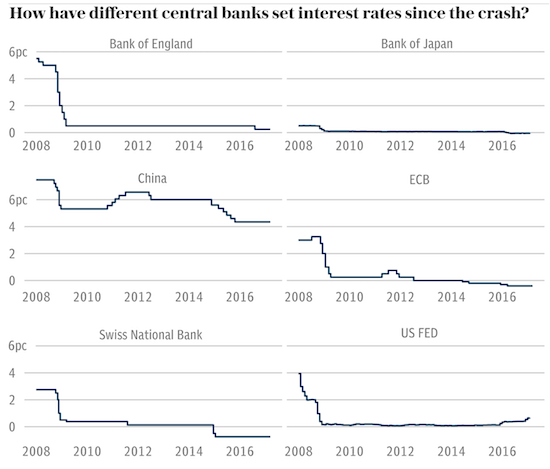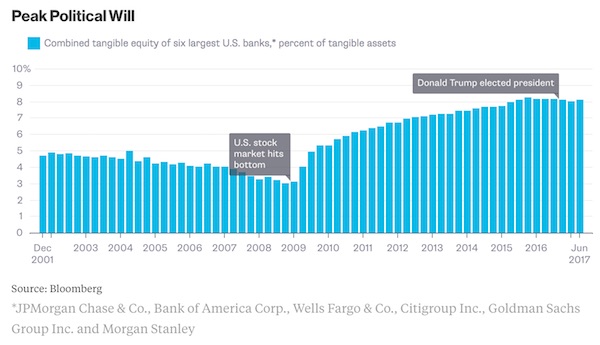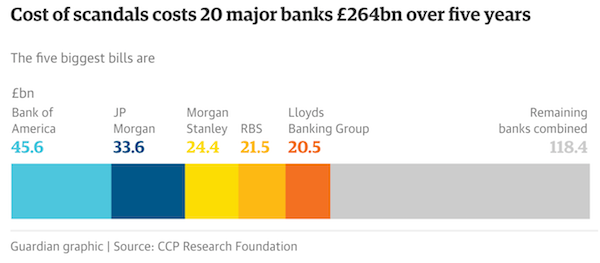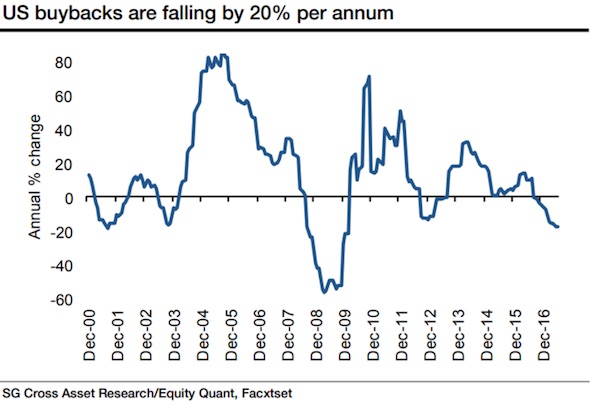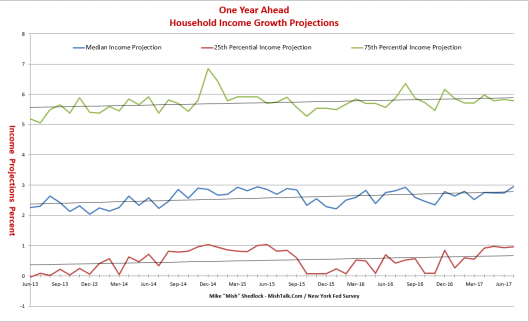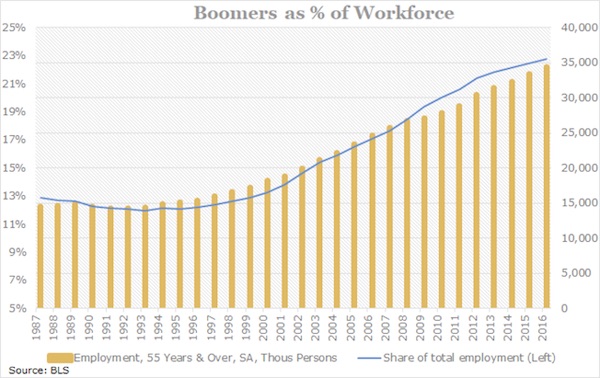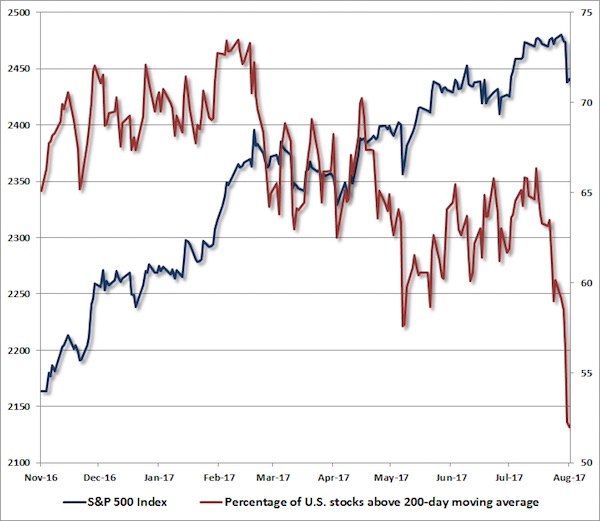
Pablo Picasso Woman sitting in a armchair 1910



Macgregor It’s over and Ukraine is doomed



RFK Tucker
.@RobertKennedyJr says it's unfortunate that Tucker Carlson lost his show, given that he had a higher number of Democratic viewers than Rachel Maddow, ten times the average viewership of CNN, and was discussing topics never seen on television:
"Tucker had the biggest Democratic… pic.twitter.com/iooFzqUMqz
— KanekoaTheGreat (@KanekoaTheGreat) April 26, 2023
RFK – Unavoidably unsafe
'Unavoidably Unsafe': The Story Behind Vaccine Liability Protections
Wyeth (now Pfizer) went to the Reagan White House … and they said, "Unless you give us immunity from liability, we are going to shut down vaccine production."
President Reagan replied, "Why don't you make… pic.twitter.com/TycmlOO72N
— Children’s Health Defense (@ChildrensHD) April 26, 2023
RFK pharma ads
https://twitter.com/i/status/1651222441715281921

Digital trap
The Digital Trap: Breaking Free From the Grip of Electronic Tethers
"You said no to the vaccine. Now you need to start saying no to these electronic tethers," stressed attorney W. Scott McCollough.
"Every time you download an app … you're giving them permission to look at… pic.twitter.com/lZ7YYw0eH2
— Children’s Health Defense (@ChildrensHD) April 26, 2023

“Alexander Dugin, a prominent Russian thinker, in a conversation with Al-Mayadin: The global structure is between two possible scenarios; The first scenario belongs to the year 2050, in which the complete and irreversible victory for globalization and the unipolar era and the emergence of the post-human era and the destruction of all types of humanity have been achieved. The second possible future is that we will win and everything will change and a multipolar world will emerge.
Russia is currently fighting the real devil, Joe Biden, George Soros, and Western crazies; We need to create a new network outside of Western control. We need the continuation of international relations in a successful global trade system, without Western domination. The world is not limited to the West and globalism does not necessarily have a Western meaning. I believe that we are on the verge of the global collapse of liberalism. Its main cause is the growth of internal contradictions in the world system; A new global network should be created based on justice and equality. Globalization is nearing its collapse and end.”


“What we absolutely won’t do is take personnel advice from a talk show host or the Chinese military.”
• Pentagon Top Brass Pleased With Carlson Exit – Politico (RT)
Senior Pentagon officials have welcomed the departure of Tucker Carlson from Fox News, Politico has claimed. The popular host regularly criticized the US military’s diversity and inclusivity policies, claiming they were imposed at the expense of battle readiness. “We’re a better country without him bagging on our military every night in front of hundreds of thousands of people,” a senior Defense Department official told the news outlet on condition of anonymity. The source claimed Carlson had “made a mockery” of the free press and “repeatedly cherry-picked department policies and used them to destroy DoD [Defense Department] as an institution.” Commenting on Carlson’s exit from the conservative network, another official reportedly said: “Good riddance.”

The popular former prime-time host regularly accused the Pentagon of undermining US fighting capabilities for the sake of ideologically-motivated inclusivity, imposed under pressure from President Joe Biden’s administration. In a March 2021 segment, Carlson blasted the introduction of flight suits for pregnant aviators, suggesting that Washington was heading in entirely the wrong direction – unlike its rival Beijing. “While China’s military becomes more masculine as it assembles the world’s largest navy, our military needs to become, as Joe Biden says, more feminine,” Carlson said. “This is a mockery of the US military and its core mission, which is winning wars.”
The remarks triggered a rare direct rebuke by the Pentagon, with then-spokesman John Kirby responding: “What we absolutely won’t do is take personnel advice from a talk show host or the Chinese military.” “We know we’re the greatest military in the world today and even for all the things we need to improve, we know exactly why that’s so,” Kirby insisted. When asked by Politico what he thought about the reported glee at his departure among senior Pentagon officials, Carlson replied in a text message: “Ha! I’m sure.” The news that Carlson and Fox News were parting ways broke on Monday, shortly before his prime-time show was due to be broadcast. Neither party has offered an explanation for the split.
https://twitter.com/i/status/1651421792936894467

“Where can you still find Americans saying true things? There aren’t many places left, but there are some – and that’s enough..”
• Tucker Carlson Reappears In 8PM Time Slot, But Not With Fox (ZH)
After Tucker Carlson’s surprise split from Fox News, the #1 rated cable news host in history re-emerged from his home office on Wednesday to offer a stunning 8PM monologue covering his thoughts on the media landscape, and his future. According to Carlson, one of the things one notices when one takes a little ‘time off’ is “how unbelievably stupid most of the debates you see on television are. They’re completely irrelevant. They mean nothing. “In five years we won’t even remember that we had them… and yet, at the same time, the undeniably big topics – the ones that will define our future – get virtually no discussion at all. War, civil liberties, emerging science, demographic change, corporate power, natural resources. When was the last time you heard a legitimate debate about any of those issues?”
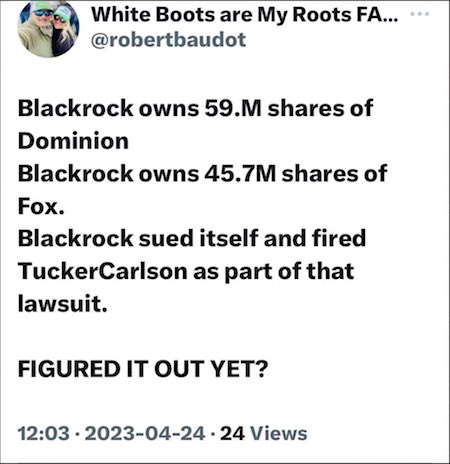
“Debates like that are not permitted in American media,” Carlson continued, adding “Both political parties, and their donors, have reached consensus on what benefits them – and they actively collude to shut down any conversation about it. “Suddenly the United States looks like a one-party state,” Carlson said. Carlson doesn’t think this will last, however, noting that while the above is a “depressing realization,” he doesn’t think this is permanent. “Our current orthodoxies won’t last. They’re brain-dead. Nobody actually believes them. Hardly anyone’s life is improved by them. This moment is too inherently ridiculous to continue, and so it won’t.
The people in charge know this, that’s why they’re hysterical and aggressive. They’re afraid. They’ve given up persuasion – they’re resorting to force. But it won’t work. When honest people say what’s true, calmly and without embarrassment, they become powerful. At the same time, the liars who’ve been trying to silence them shrink – and they become weaker. That’s the iron-law of the universe; true things prevail.” Tucker rhetorically asked “Where can you still find Americans saying true things? There aren’t many places left, but there are some – and that’s enough. As long as you can hear the words, there is hope. See you soon.”
Good evening pic.twitter.com/SPrsYKWKCE
— Tucker Carlson (@TuckerCarlson) April 27, 2023

Wild West.
• Poland Seizes Russian Embassy And Trade Mission Funds (RT)
All the money in the accounts of the Russian embassy and trade office in Warsaw has been seized by the Polish prosecutor’s office, Ambassador Sergey Andreyev revealed on Wednesday. “We received a notification from the prosecutor’s office that the funds from the Santander Bank accounts of the embassy and the trade representation were transferred to the accounts of the prosecutor’s office,” Andreyev told RIA Novosti. Santander Bank then informed the embassy that it had “ceased cooperation” with the Russian government and closed the accounts, Andreyev added. There were “significant amounts” of both US dollars and Polish zlotys in both accounts, according to the diplomat. Andreyev called the incident “a flagrant violation of the Vienna Convention on Diplomatic Relations,” the 1961 treaty governing the rights and responsibilities of diplomats.
The Polish authorities had previously frozen the embassy account, citing suspicions that it might be involved in “money laundering or terrorism.” When this prevented the embassy from paying the lease on a recreational facility near Warsaw, the Polish authorities terminated the lease and seized the property in November 2022. Another property, a residence on 100 Sobieski Street, was seized last spring. Warsaw Mayor Rafal Trzaskowski said at the time it should be handed to refugees from Ukraine. The Polish foreign ministry said the building was “illegally owned” by the embassy as it was not being used for diplomatic or consular purposes. The embassy’s explanation, that the building was unfit for occupancy as it needed repairs, was ignored.
Poland has also sought to confiscate the embassy-operated school in Warsaw, citing the same pretext. The Russian Foreign Ministry has protested both seizures as a flagrant violation of international law. Many EU and NATO countries have expelled dozens of Russian diplomats after the Ukraine conflict escalated in February 2022, but most did not go so far as to sever relations with Moscow. The US and its allies have insisted they are not actually involved in the conflict, even while they sent Kiev over $100 billion worth of weapons and financial aid.

“..slapping Russia with restrictions to “disrupt the economy, hurt the people and hit their standard of living, ‘cancel’ Russia and strip it of the ability to choose its own path based on its peoples’ interests.”
• Russia Understands Western Sanctions Aren’t ‘Temporary’ – PM (RT)
Russia’s leadership is well aware the nation is likely to live under Western sanctions for a long time, Prime Minister Mikhail Mishustin said on Wednesday. The government is calculating all the risks associated with the existing and potential future restrictions and is ready for any scenario, he added. “We understand that sanctions are not a temporary phenomenon. They will not be lifted in an instant. Our former partners have gone too far to just turn around and retreat,” he told the ‘Znanie’ (‘Knowledge’) forum in Moscow. According to the prime minister, the US and its allies have been slapping Russia with restrictions to “disrupt the economy, hurt the people and hit their standard of living, ‘cancel’ Russia and strip it of the ability to choose its own path based on its peoples’ interests.”
The Russian economy has been weathering the sanctions push well so far and demonstrated its resilience, Mishustin said, adding that some industries still need to fully restore their production chains. The prime minister earlier told the State Duma that the downturn the Russian economy experienced in 2022 was not as drastic as had been predicted, adding that the nation is going back to economic growth now. The Russian government’s head also warned that the “sanctions war” ultimately led nowhere and only impeded global economic development. The world is now dominated by developments affecting every aspect of life, the prime minister said, naming the rapid development of information technologies used in various fields as one of such processes. “They [IT technologies] are now an important condition of long-term quality economic growth,” he said.
Last week, the head of the Russian Central Bank, Elvira Nabiullina, said that the Western sanctions Russia had to face last year were worse than “even the most pessimistic scenario.” Although no one could have predicted anything like that, both the Russian people and the country’s businesses demonstrated remarkable adaptability in the face of this new reality, she added. The US and EU have introduced a total of ten rounds of sanctions over the conflict. In December, the EU, along with the G7 countries and Australia, introduced a price cap on Russian seaborne oil, set at $60 per barrel.

“She said Russian and Chinese visions for a path to peace were “broadly in tune” with one another. “The problem lies not with the lack of good plans,” Zakharova said.”
• Moscow Reacts To Xi-Zelensky Call (RT)
Ukraine’s “unrealistic” demands are standing in the way of peace negotiations, Russian Foreign Ministry spokeswoman Maria Zakharova has stated. She made her comments in response to a question about the phone call between Ukrainian President Vladimir Zelensky and Chinese President Xi Jinping. The leaders spoke on Wednesday for the first time since Russia launched its military operation in the neighboring state in February 2022. Zakharova praised Beijing for its efforts to help restart meaningful negotiations. She said Russian and Chinese visions for a path to peace were “broadly in tune” with one another. “The problem lies not with the lack of good plans,” Zakharova said.
“The Kiev regime has so far not been receptive to any reasonable initiative aimed at a political and diplomatic settlement of the Ukrainian crisis. Its occasional agreement to hold negotiations is being tied to ultimatums with obviously unrealistic demands.” The spokeswoman blamed Kiev for the eventual breakdown of negotiations last spring when Russian and Ukrainian teams held several rounds of meetings. Kiev, meanwhile, has repeatedly said that negotiations can resume only after Russia surrenders its recently incorporated territories. Moscow has called such demands unacceptable. Crimea voted to leave Ukraine and join Russia in the wake of the 2014 coup in Kiev. The Donetsk and Lugansk People’s Republics, as well as the Kherson and Zaporozhye regions, did the same after holding referendums on the matter in September.
In October, Zelensky signed a decree that declared the “impossibility” of conducting negotiations with Russian President Vladimir Putin. Beijing, which unveiled a 12-point roadmap for peace in Ukraine in February, has maintained that the conflict can only end through dialogue. China, unlike many Western countries, has also refused to condemn Russia for its actions. China named diplomat Li Hui its special envoy to Ukraine and “other countries” on Wednesday. Xi said that the envoy would be tasked with conducting “in-depth communication with all parties on the political settlement of the Ukraine crisis.” Li was China’s ambassador to Moscow from 2009 to 2019. Zelensky, meanwhile, has appointed former strategic industries minister Pavel Ryabkin as the country’s new ambassador to China.

“The profile of the unit published by the Post claims that Azov has “evolved” away from its neo-Nazi origins..”
• Kiev Could ‘Capture Small Russian Towns’ For Leverage – WaPo (RT)
The interim commander of Ukraine’s Azov Brigade (the current incarnation of a former volunteer unit known for its neo-Nazi ideology) has said that Kiev’s forces could capture Russian towns and use them to put pressure on Moscow. In an interview with the Washington Post, Bogdan Krotevich was asked about Ukraine’s much-anticipated planned offensive against Russia. He was referring to the experience of Chechen militants in the mid-1990s who “adopted a strategy of capturing small Russian towns to use as leverage to recover Russian-held areas” during the military conflict in the southern Russian republic. The Ukrainian fighter said his country “may do the same,” the newspaper reported on Wednesday. It was not clear which episodes of the conflict in Chechnya Krotevich was referring to.
One of the most tragic examples of violence spilling outside of the Chechen Republic at the time came in June 1995, when a militant force led by Shamil Basayev raided the city of Budyonnovsk, taking over 1,000 civilians hostage at a local hospital. Another raid targeted the city of Kizlyar in Dagestan the next year, in which Chechen militants led by terrorist Salman Raduyev likewise resorted to hostage-taking. Dozens of people were killed in both cases. The Post’s article noted the desire of Krotevich and other Azov leaders to have more prisoner exchanges between Russia and Ukraine so that captured members of the unit can be returned. The man himself spent several months in Russian custody after he and other Azov fighters surrendered in the Donbass city of Mariupol. Krotevich was freed in a Türkiye-mediated swap last September.
“I came to the conclusion that the fastest way to release our prisoners is to take more Russian soldiers prisoner, and to end this war with our victory,” Krotevich stated. The profile of the unit published by the Post claims that Azov has “evolved” away from its neo-Nazi origins. Moscow regards the original Azov Battalion, which was created in 2014, and its successor organizations as a terrorist group. The unit was incorporated into the Ukrainian National Guard early in its history and has now become one of nine ‘Attack Guard’ volunteer brigades. The Interior Ministry revealed them in February, touting service in the units as “an opportunity to dispose of enemies” of the country.

Dress rehearsal.
• Ukraine Conflict Helps Prepare For Potential China Clash – Pentagon (RT)
The Pentagon will use the lessons learned from supplying military aid to Ukraine to help Taiwan in a potential conflict with China, US Deputy Secretary of Defense Kathleen Hicks has said. “There are many advantages we’ve gained for a potential Pacific challenge from the Ukraine conflict,” Hicks told Bloomberg in an interview published on Wednesday. “We’re learning now to grow our industrial base and to study that industrial base, which has been for the last 60 years in a bit of a feast and famine cycle.” The conflict highlighted the difficulties of quickly procuring enough weapons and equipment for Kiev, Hicks explained. The US repeatedly used the Presidential Drawdown Authority (PDA) to speed up the transfer of stockpiles to Ukraine and plans to do the same with Taiwan.
“We’re thinking about how we use those authorities right now to generate faster and higher-capacity delivery of munitions to provide to our forces in the Pacific,” Hicks said, adding that the Pentagon has “a clear strategy that’s focused on China.” Although the deputy secretary admitted that the US did not believe Beijing was planning an “imminent attack” on Taiwan, she maintained that the Pentagon was committed to “making sure that the (Chinese) leadership wakes up every day and says today is not the day to undertake aggression that threatens US interests.” In December, US President Joe Biden signed the 2023 National Defense Authorization Act, which includes $2 billion in military loans to Taipei. The law also allows Washington to muster an emergency stockpile of ammunition worth up to $100 million on or near the island.
Taiwanese Premier Chen Chien-jen said on Monday that negotiations of assembling “regional contingency stockpiles” were still ongoing. Beijing held large-scale military exercises around the island this month in response to a visit by Taiwanese President Tsai Ing-wen to the US. Beijing considers Taiwan – which has been ruled by a separate government since the late 1940s – its territory and views contact between local and foreign officials as meddling into its domestic affairs. China has also accused Washington of backing “secessionist forces” on the island. Chinese President Xi Jinping said last year that Beijing favored peaceful “reunification” with Taiwan but reserved the right to use force if necessary. The US supports the ‘One China’ policy by refraining from establishing formal diplomatic ties with Taiwan. At the same time, Washington has been selling arms to the local authorities and promised to defend the island in case of an invasion.

“..98% of promised combat vehicles had already been delivered..”
• Zelensky’s Right-Hand Man Contradicts US General (RT)
Ukraine still needs more weapons and equipment for the much-hyped spring “counteroffensive,” especially artillery ammunition, President Vladimir Zelensky’s adviser Mikhail Podoliak said on Wednesday. He disagreed with the US general commanding NATO forces in Europe, who told Congress earlier in the day that 98% of promised combat vehicles had already been delivered. General Christopher Cavoli gave that statistic to the House Armed Services Committee on Wednesday morning. “I am very confident that we have delivered the materiel that they need and we’ll continue a pipeline to sustain their operations as well,” Cavoli added, responding to questions about the expected Ukrainian attack.
Podoliak challenged that assessment later in the day, speaking during a telethon hosted by Ukrainian television. He said only the Ukrainian General Staff can offer accurate numbers, and that Cavoli’s statistics weren’t up to date. “In my opinion, 98% is too much, too large a number. He proceeds from certain mathematical data, things he knows today,” the adviser said, referring to Cavoli. “There should be much more equipment, there is a real shortage of shells, especially of heavy calibers. We are trying to solve this problem.”
The current rate of supply allows the Ukrainian military to take “certain actions” at the frontline, Podoliak said, adding that there is “never enough” weapons and equipment when facing an enemy such as Russia. The much-anticipated counteroffensive may have already begun, he suggested, urging the public not to regard it as a single event but a large number of engagements on various fronts Multiple US outlets have sought to temper expectations about the Ukrainian attack over the past week, citing anonymous government officials worried about the political fallout from its possible failure. Last Friday, the White House even warned of a possible Russian offensive taking place instead.

Biden=Trump.
• Biden Threatens North Korea With Annihilation (RT)
US President Joe Biden declared on Wednesday that a North Korean nuclear attack on his country or South Korea would spell doom for Pyongyang. Under a new agreement between Washington and Seoul, the US would respond to such an attack with nuclear weapons, South Korean President Yoon Suk-yeol added. “A nuclear attack by North Korea against the United States or its allies or partners is unacceptable and will result in the end of whatever regime were to take such an action,” Biden told reporters at the White House. Speaking alongside Biden, Yoon declared that “sustainable peace on the Korean peninsula does not happen automatically.”
“We can achieve peace through the superiority of overwhelming forces and not a false peace based on the goodwill of the other side,” Yoon said, adding that in the event of a nuclear attack from the north, the US and South Korea would “respond swiftly, overwhelmingly and decisively using the full force of the alliance, including US nuclear weapons.” Biden’s words echo those of his predecessor, Donald Trump, who in 2017 warned North Korea that he would respond with “fire and fury like the world has never seen” if the country threatened the US with nuclear weapons. Although the north tested a nuclear bomb a month later, Trump and North Korean leader Kim Jong-un agreed to a detente and went on to meet several times, and the north’s missile tests came to a halt for most of Trump’s remaining time in office.
These tests have since restarted and ramped up. Pyongyang has test-fired more than 100 missiles since the beginning of 2022, and this month tested its first solid-fuel intercontinental ballistic missile and a nuclear-capable underwater attack drone. Officials in Washington and Seoul have claimed since last year that the north is gearing up for its seventh underground test of a nuclear weapon. Yoon’s predecessor, Moon Jae-in, largely went along with Trump’s policy of diplomatic outreach to Kim. Yoon, however, has taken a much more hardline stance on his neighbor to the north. In a speech in January, Yoon raised the possibility of his administration acquiring “our own nuclear weapons,” something that more than two thirds of South Koreans want, according to recent polls.
The agreement signed on Wednesday has brought an end to that idea, as it stipulates that Seoul will not pursue its own nuclear armament. Known as the ‘Washington Declaration’, the agreement boosts nuclear information-sharing between the US and Korea, and provides for more joint military drills and the deployment of nuclear-armed US submarines and bombers to South Korea on a rotating basis.

“..all US efforts to persuade Riyadh to flood global oil markets have failed, and the Russians have managed to maintain both their exports and their economy..”
• The Historic US-Saudi Relationship Cannot Bounce Back (Sweidan)
Since the Cold War era began, oil has been a key pillar of the Russian (and former Soviet) economy. It has long been a US priority to be able to influence prices as a pressure tool against Moscow. Since Saudi Arabia is considered an oil superpower, Washington’s cooperation with Riyadh – despite its own dramatically reduced Saudi oil imports – is at the heart of US economic strategies to counter Russia. For example, in the mid-eighties, during the Soviet invasion of Afghanistan, the US asked the Saudis to flood oil markets in order to lower prices and undermine the oil revenue-reliant USSR. In 1986, oil prices dropped by two-thirds, from $30 per barrel to nearly $10 per barrel, ultimately crippling the Soviet economy and its geopolitical reach. But attitudes have sharply altered during the intervening 37 years.
Saudi Arabia now views the US as an energy market competitor due to Washington’s increased shale oil production and disinterest in boosting oil imports. Between 2010 and 2021, US shale oil production grew from approximately 0.59 million bpd to 9.06 million bpd. Riyadh’s response to this new geo-economic development was to raise oil production in 2016, with the aim of lowering prices to undercut the US shale industry, which operates at significantly higher costs. The Saudis indeed fear a declining role as a strategic supplier of global oil, in large part due to expanded US shale production and energy self-sufficiency. This has driven the Saudis to try and reimpose their oil superiority by lowering prices to undercut competitors with higher production costs – despite the short-term domestic damage caused by increased Saudi oil production.
To this day, Saudi Arabia continues to present an obstacle to US energy interests, and has instead found most common ground with Washington’s main adversaries – Russia, China, Iran – with whom Riyadh’s energy interests intersect. Contrary to expectations since the outbreak of the Ukraine war in February 2022, all US efforts to persuade Riyadh to flood global oil markets have failed, and the Russians have managed to maintain both their exports and their economy. It has become manifestly clear to Washington’s decision-makers that Saudi Arabia today is not the Saudi Arabia of 1985, willing to undermine its own revenues and energy interests in order to serve a US geopolitical agenda. Discussions in Washington today have likewise turned to the feasibility of maintaining the US commitment to Saudi Arabia’s security, particularly since Riyadh neither provides Americans with energy nor follows its political diktats.
Some believe that the US’ role of acting as a security guarantor in the Persian Gulf merely serves Beijing’s interests by securing China’s main energy sources. Yet others argue that a US military withdrawal from the Persian Gulf will create a vacuum filled by Beijing, which will keenly seek to ensure its own energy security. The one point of clarity, however, is that US-Saudi energy interests are no longer synergistic and that Riyadh’s interests line up far more closely with those of Beijing and Moscow. This remains a key factor driving Saudi Arabia’s foreign policy and economic diversification today. What remains to be seen is how far the Saudis – deeply and historically bound to western interests – will be willing to challenge the US’ regional hegemony as their goals diverge and Riyadh finds common cause with Washington’s rivals.
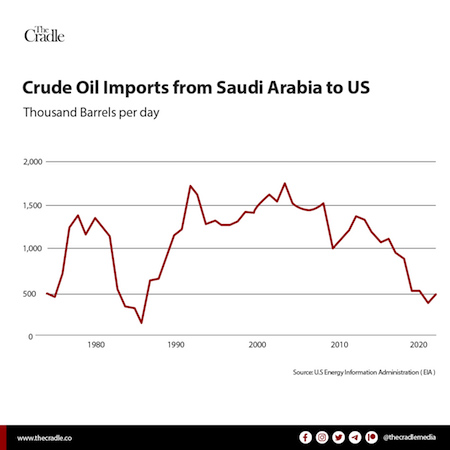

“..a “Very Large Online Platform” (VLOP) or a “Very Large Online Search Engine” (VLOSE)..”
• Twitter, Tiktok And Instagram To Face Much Stricter Content Rules In EU (Az.)
The list features platforms with more than 45 million monthly active users, which also includes certain services from Amazon, Google, Meta, Instagram and Microsoft. The volume of users puts the platforms under a new EU law, known as the Digital Services Act (DSA), imposing measures from August such as annual audits and a duty to effectively counter disinformation and hate content. In four months’ time, “these platforms and search engines will not be able to act as if they were ‘too big to care’,” Thierry Breton, the EU’s internal market commissioner, said in a statement. “This new supervision system will cast a wide and tight net and catch all points of failure in a platform’s compliance,” he added.
Platforms meeting the 45-million-plus threshold include Twitter, owned by US billionaire Elon Musk; Alphabet’s Google Search, Google Maps, Google Shopping and Google Play units as well as its YouTube subsidiary; and Meta’s Facebook and Instagram. Microsoft’s LinkedIn, Apple’s iOS App Store, online encyclopedia Wikipedia, messaging app Snapchat and creative image website Pinterest are also covered under the legislation. Under the DSA, they are categorised as a “Very Large Online Platform” (VLOP) or a “Very Large Online Search Engine” (VLOSE). Most of the companies on the list are US-based but Chinese-owned platforms TikTok and e-commerce site AliExpress also feature. The commission also listed German online fashion retailer Zalando. Breton told journalists today that his team will hold “stress tests” to check Twitter’s compliance readiness at the end of June.
He added that TikTok had also expressed an interest in cooperating to ensure compliance. The announcement follows a deadline in February for online companies to publish user figures in Europe. The DSA has a wide range of objectives, including forcing platforms to better protect children, strengthen transparency around digital services, prohibit the sale online of unsafe goods and allow users to have greater choice when online in the EU. The rules allow the EU to impose fines of up to six percent of the platforms’ annual global sales for repeated infringements. By 25 August, the 19 platforms must have an independent compliance system in place and give their first annual risk assessment to the European Commission, including how they plan to handle content on mental health and gender-based violence.

Lying and cheating. Working for Hillary, Obama and Biden. For years. It’s a sad picture.
• Ex-CIA Boss Intervened On Russia Collusion In 2016, Benghazi In 2012 (JTN)
Morell, a 33-year veteran of the CIA who retired shortly after Brennan took over in 2013, has now stirred controversies in three straight elections with actions that relied in part on his intelligence community ties. In September 2012, as Obama was seeking reelection in a close race against Republican Mitt Romney, Morell edited intelligence talking points to delete references to al Qaeda’s role in the deadly attack on the U.S. compound in Benghazi. The edits ended up sending National Security Advisor Susan Rice onto the Sunday talk shows to make a false insinuation that an anti-Muslim video spurred the attack on Benghazi when in fact the CIA had strong evidence an al Qaeda-related arm had instigated it.
Republicans accused the former CIA chief of a cover-up. Morell defended his actions in testimony two years later, insisting his edits were not designed to be political but instead were well-meaning actions taken in the heat of a dramatic intelligence drama. “These allegations accuse me of taking these actions for the political benefit of President Obama and then secretary of state Clinton,” Morell testified. “These allegations are false.” But by that time, the talking points had become a major controversy in the 2012 election.
In 2016, Morell’s insertion into the Russia collusion narrative came as Brennan, his successor, was warning Obama the Clinton campaign was crafting a dirty trick. In declassified notes, Brennan recounted how during a July 28, 2016 meeting with Obama he relayed a warning that there was intelligence that Clinton was trying to conjure up a Trump-Russia scandal to distract from Mrs. Clinton’s email controversies. The Clinton campaign had helped fund the Steele dossier, it was later learned. “We’re getting additional insight into Russian activities from [REDACTED],” Brennan’s notes read. “Cite alleged approval by Hillary Clinton of a proposal from one of her foreign policy advisers to vilify Donald Trump by stirring up a scandal claiming interference by the Russian security services.”
Two months later, Brennan’s CIA would send a similar warning to the FBI, which was investigating Russian collusion based in part on the now-discredited Steele dossier. CIA is aware of an intercept “discussing US presidential candidate Hillary Clinton’s approval of a plan concerning US presidential candidate Donald Trump and Russian hackers hampering US elections as a means of distracting the public from her use of a private email server,” the agency wrote in a teletype to the bureau. Brennan’s warning to Obama was significant because just four days earlier the Clinton campaign — where current Biden National Security Adviser Jake Sullivan served at the time as a security adviser — put out a statement saying Russia hacked the Democrat Party documents to help Trump. Mueller’s probe found no proof Trump or his team played a role in the hack.

Long read.
• The RFK Jr. Tapes (David Samuels)
The heir to the family’s political mantle in the third generation of Kennedys was always Bobby. It was Bobby who became the leader of his tribe of orphaned brothers and sisters after their father’s death, trying and failing to make up for the absence of a charismatic father and the near-total absence of adult supervision. A friend who was close to the family in those years recalls visits to their home in Hickory Hill, Virginia, as like visiting a zoo—quite literally, with live sea mammals in the swimming pool, and animals of all shapes and sizes, frequently untamed, roaming freely throughout the house. Bobby’s hawks nested in the eaves and children climbed in and out of windows. Eventually, the friend’s mother forbade further visits, on account of it being too physically dangerous.
If the Kennedys were a kind of American royalty, then Bobby was their Prince Hal—charismatic and beloved, yet also dangerous and frequently out of control, a fatherless child who was trying to emulate the adult father figures who had been taken from him before he could truly understand who they were or what their brand of world-shaping masculinity meant. In 1983, Bobby was found nodding off in an airplane bathroom, and then pleaded guilty to heroin possession. The death of his brother David, who worshipped Bobby, a year later from a heroin overdose, made an uphill climb back to respectability seem even more unlikely, even after he got clean, and his decades of hard work as an environmental lawyer for Riverkeeper and the NRDC established him as one of the most effective environmental activists in the country.
During the 1990s and early 2000s, Bobby kept his name alive in political circles through a familiar striptease dance with the New York press, which was no doubt orchestrated in part by his best friend from college, Peter Kaplan, the sharp-eyed editor of The New York Observer: A dutiful accounting of his environmental good works ridding New York’s waterways of deadly toxins, a dash of Kennedy fairy dust, a tour of his falcons—falconry being a lifelong hobby, pursued with characteristic dedication—and a tantalizing hint of a possible future race for some political office that would re-up his star power and help promote his advocacy. Of course, he never ran—which prevented the publication of the inevitable attack articles ripping him to pieces.
Running would have been messy. His sister Kerry was married to the governor of New York, Andrew Cuomo—heir to another political dynasty whose name meant more in New York state than the name Kennedy did. Then it all came apart. In 2005, Kerry and Andrew Cuomo divorced. In 2010, Bobby separated from his wife, Mary Richardson, who had been Kerry’s college roommate at Brown and appeared to be suffering from substance abuse issues; a judge awarded temporary full custody of their four children to Bobby. In 2012, Mary Richardson hung herself. In 2013, Peter Kaplan died of cancer.
Meanwhile, Bobby Kennedy Jr. found success as an environmentally friendly venture capitalist along with a new cause: vaccines. In 2005, Kennedy wrote a blockbuster Rolling Stone magazine article titled “Deadly Immunity,” which presented compelling evidence of an ongoing vaccine safety cover-up led by U.S. national health bureaucrats, including transcripts of a 2000 CDC conference in Norcross, Georgia, where researchers presented information linking the mercury compound thimerosol with neurological problems in children. At its root, the case Kennedy made in his article was no more or less plausible and empirically grounded than the cases that he and dozens of other environmental advocates had been making for decades against large chemical companies for spewing toxins into America’s air, water, and soil, and then lying about it.

“..the company’s defense could make all of Musk’s public statements “immune” from legal scrutiny simply because he is “famous.”
• Musk’s Lawyer Invokes ‘Deepfake’ Defense (RT)
A judge has ordered Elon Musk to testify under oath about whether he made certain claims about his company’s electric cars, after Tesla lawyers said statements attributed to him by plaintiffs in an ongoing lawsuit could have been fabricated with ‘deepfake’ software. The ruling from California Judge Evette Pennypacker was handed down on Wednesday, part of a lawsuit against Tesla over the death of Walter Huang, who was killed in a car wreck involving one of the company’s vehicles in 2018. Musk was ordered to provide a three-hour interview under oath regarding some of his past comments about Tesla cars and their ‘Autopilot’ capabilities, as the CEO is alleged to have claimed that some models could “drive autonomously with greater safety than a person” at a conference in 2016.
The plaintiffs in the suit say the claims were misleading and that the self-driving features on Huang’s Tesla had failed, resulting in his death. The carmaker, however, maintains that Huang was on his cell phone before the crash and had disregarded warnings from the vehicle, denying any liability. Company lawyers also dispute the comments pinned on Musk, saying that he, “like many public figures, is the subject of many ‘deepfake’ videos and audio recordings that purport to show him saying and doing things he never actually said or did.” Though Huang’s family cited a 2016 YouTube video which appears to show Musk making the statement in question, Tesla’s legal team has opposed the CEO’s deposition, also stating that he cannot remember his past comments.
Judge Pennypacker said Tesla’s claims are “deeply troubling,” suggesting the company’s defense could make all of Musk’s public statements “immune” from legal scrutiny simply because he is “famous.” She warned similar arguments could allow celebrities and public figures to “avoid taking ownership of what they did actually say and do.” However, the judge’s order was tentative, meaning that another hearing will be held on Thursday to determine whether Musk will be deposed under oath. Such rulings are not uncommon in California courts, which frequently allow parties to offer additional arguments to dispute motions before they are finalized.

Join the crowd.
• EU Countries Sinking In Debt – Bloomberg (RT)
Countries in Eastern Europe have borrowed some $32 billion so far this year, three times more than during the same period a year ago, Bloomberg reported on Tuesday. Poland has tapped overseas markets for nearly $9 billion, putting it second among emerging-market economies in terms of overseas borrowing, trailing only Saudi Arabia. Meanwhile, Romania and Hungary, which have borrowed a respective $6 billion and $5 billion, are the fourth and fifth largest emerging-market borrowers. This marks the first time in a dozen years that three Eastern European countries are among the top five overseas emerging-market borrowers.
The surge in borrowing is attributable to an increasing need to dole out subsidies due to the still-raging energy crisis, as well as soaring spending related to the military conflict in Ukraine, according to Bloomberg. Eastern European countries have had to build up their military capabilities and help refugees from the neighboring state. Meanwhile, hawkish policies pursued by key central banks have made it much more expensive to borrow in bond markets, even for highly rated nations. Poland is paying 5.5% in annual interest on a new 30-year bond, significantly above the less than 4% the same bond would have sold for back in 2021.
Rising interest rates are projected to add to the suddenly swelling budget deficits across Eastern Europe, inevitably putting more pressure on finances in the region. According to analyst estimates on Bloomberg, Eastern Europe’s budget deficit will surge to 4.3% of the region’s gross domestic product in 2023, up from the 1.3% recorded two years ago. The conflict in Ukraine “hits fiscal deficits from both sides,” Daniel Wood, a fixed income portfolio manager at William Blair International, told Bloomberg. “It lowers growth, which reduces revenue collection for the government, and on the expenditure side it has been necessary for governments to help those that have been hit hard by the cost of living.”

“Some countries began to seek alternatives after seeing Russian assets frozen abroad and the country cut off from the SWIFT global financial messaging system. “Suddenly, it was clear that any nation could be a target..”
• Gold Leading ‘Revolt Against Dollar’ – Economist (RT)
Central banks around the world are shifting away from the US dollar and turning their attention to gold as a safe haven asset, the chairman of Rockefeller International, Ruchir Sharma, has said. Prices for the commodity have surged 20% in the past six months, with demand coming not from “the usual suspects” such as large and small investors “seeking a hedge against inflation and low real interest rates,” but from “heavy buyers” like central banks, Sharma wrote in the Financial Times on Sunday. According to the investment expert, regulators are sharply reducing their dollar holdings and seeking a safe alternative. Central banks now account for a record 33% of monthly global demand for gold and are ramping up gold-buying more than at any time since data began in 1950, Sharma added.
“This buying boom has helped push the price of gold to near-record levels and more than 50% higher than what models based on real interest rates would suggest,” he explained, adding that “clearly, something new is driving gold prices.” Sharma pointed out that nine of the top ten central bank buyers are in the “developing world,” including Russia, India, and China. “Not coincidentally, these three countries are in talks with Brazil and South Africa about creating a new currency to challenge the dollar,” Sharma noted. He attributed the rush for the precious metal to increasing sanctions pressure exerted by the US and its allies, with as many as 30% of nations facing international penalties – up from 10% in the early 1990s.
“Thus, the oldest and most traditional of assets, gold, is now a vehicle of central bank revolt against the dollar,” Sharma argued. Some countries began to seek alternatives after seeing Russian assets frozen abroad and the country cut off from the SWIFT global financial messaging system. “Suddenly, it was clear that any nation could be a target,” Sharma wrote. According to the expert, the US saw sanctions as a “cost-free way to fight Russia,” but in reality the weaponization of the dollar has come at a cost for Washington as even allies such as Thailand and the Philippines have started to look for alternatives.






CO2
Romanian MEP, Cristian Terheș (@CristianTerhes):
"When the IPCC is using hysterical, spoiled people like Greta Thunberg to promote these reports, clearly we are dealing with a belief system and cult, rather than a scientifically based organisation."#ClimateScam #ClimateCult… pic.twitter.com/aCrjVstLUf
— Wide Awake Media (@wideawake_media) April 26, 2023



Progress


9/11
THIS CNN REPORT ABOUT THE "9/11 PENTAGON PLANE CRASH" WAS AIRED ONCE, BUT NEVER TO BE SEEN AGAIN:
CNN Reporter: "On my close up inspection, there's no evidence of a plane crashing anywhere near the Pentagon." pic.twitter.com/syXjIG2zLq
— Mark Alan Pearce (@PearceAlan1962) April 25, 2023


Biologists found a marine green algae during a trip to the island in 2019. It took two years to identify it and give it a name: acetabularia jalakanyakae. The main feature of the species is that the plant is made up of one gigantic cell with a nucleus

Tippy taps
Possibly one of the most curious bugs which make their home in the jungles of Costa Rica: Calyptocephala attenuata will show you its tiny tippy taps before flying away
[Darwin's Amazing Animals: https://t.co/G1Lt7MwIB8]pic.twitter.com/Benf2cMIta
— Massimo (@Rainmaker1973) April 26, 2023


Support the Automatic Earth in virustime with Paypal, Bitcoin and Patreon.





